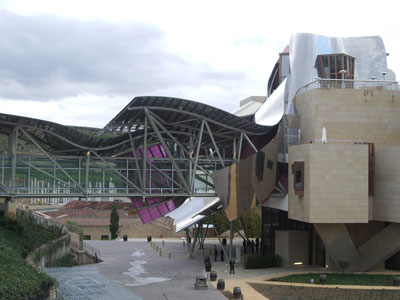The brewer of Stella Artois said its so-called organic EBITDA grew 5.6 percent, even though in North America, the company’s biggest market region, beer sales fell 3.4 percent. Volume had dropped 6.1 percent in the region in the first quarter. The decline in sales to retailers in the U.S. slowed to 1.7 percent compared with 4.4 percent in the first three months of the year.
The brewer said it now expects a high single-digit percentage decline for the Russian market in 2010, pointing to an improving Russian economy and slightly better consumer confidence, compared with a previous forecast for a low double-digit percentage drop.
According to the Barth report, almost 93 percent of total beer output was accounted for by the world’s 40 biggest beer-producing countries. The five largest brewing groups, AB-InBev, SAB Miller, Heineken, Carlsberg and China Resource Brewery Ltd., controlled nearly 50 percent of the world beer market.
In the past few months, since it was leaked to the press that de Koninck was up for grabs, mainly foreign brewers were rumoured to be interested in buying the struggling brewer, Heineken among them.
The program starts with the one-day Sensory Analysis course in which Lyn Kruger, President of Siebel Institute, will instruct participants in the techniques used by brewing industry professionals to assess the positive and negative attributes of beer.
For the financial year 2010 Krones expects sales to grow between 10 percent and 15 percent, which translates into full-year sales of between EUR 2.1 billion and EUR 2.15 billion.
While the ruling means that AB-InBev cannot get a blanket trademark for the 27-nation European Union as a whole, the brewer can have trademarks in individual EU markets. It was already settled in the past that AB-InBev can keep the Budweiser or Bud name in 23 of the 27 European countries.
According to a corporate press release, Premium Wine Brands will be in charge of the development and global strategy of Pernod Ricard’s wine brands. The portfolio includes: Australian wines (Jacob’s Creek), New Zealand wines (Montana and Brancott), as well as Spanish and Argentinean wine brands with international potential (Campo Viejo and Graffigna). The new company’s objective is to accelerate the international development of these brands within the Pernod Ricard distribution network.
Brau-Union seems to be a great believer in shunting its beer around the country: having it produced in one place and bottled in another. The announced closure of the Kaltenhausen brewery represents just another affirmation of this strategy as in the course of the next year the production of the Edelweiß wheat beer will be transferred to Brau-Union’s Zipfer Brewery, where it is already being packaged, while production of the Kaiser brand will be relocated to the Wieselburger brewery.
Pernod Ricard said that its subsidiary Domecq Bodegas has sold the Spanish wine brands Marqués de Arienzo and Viña Eguίa, the bodega and 358 hectares of vineyards and lands to a consortium of buyers made up of Vinos de los Herederos del Marqués de Riscal and Gangutia for a cash consideration of EUR 28 million on a debt free / cash free basis.


